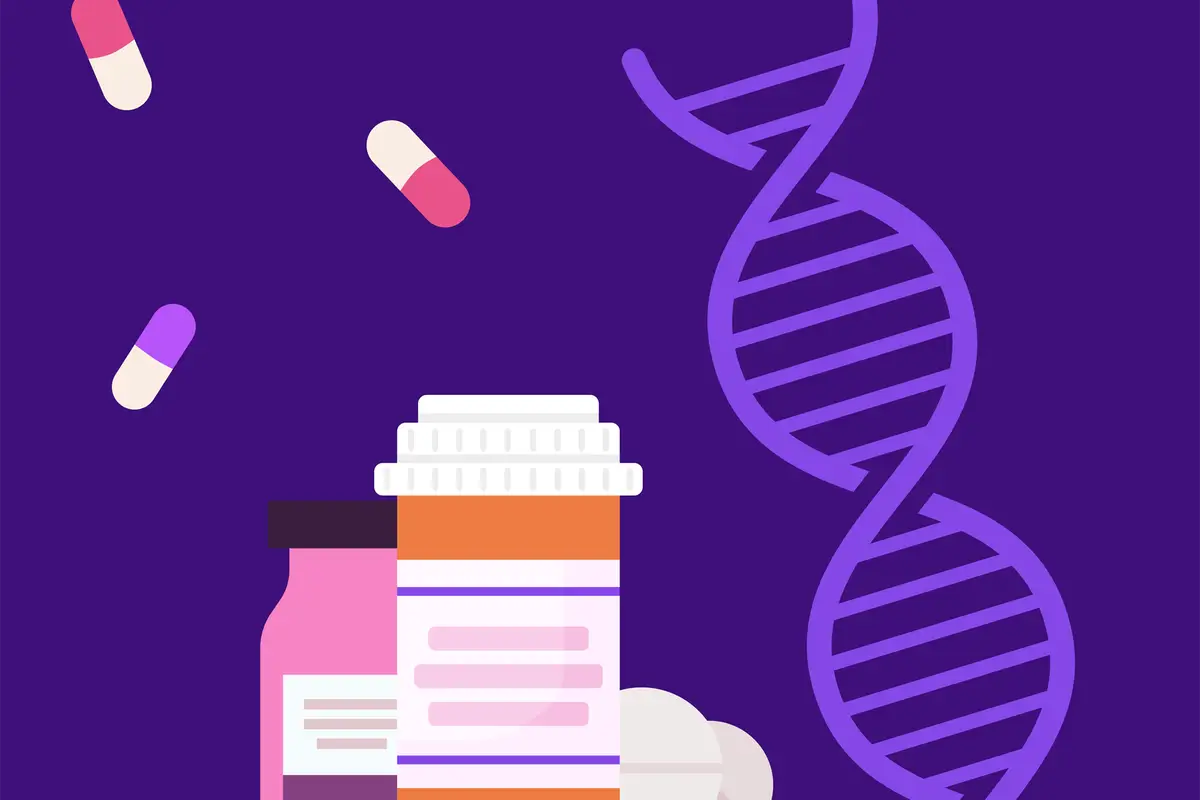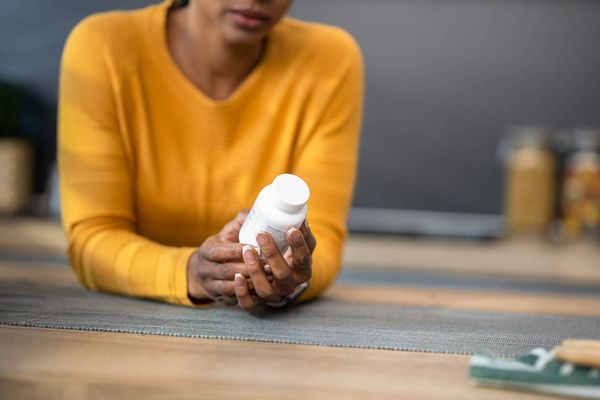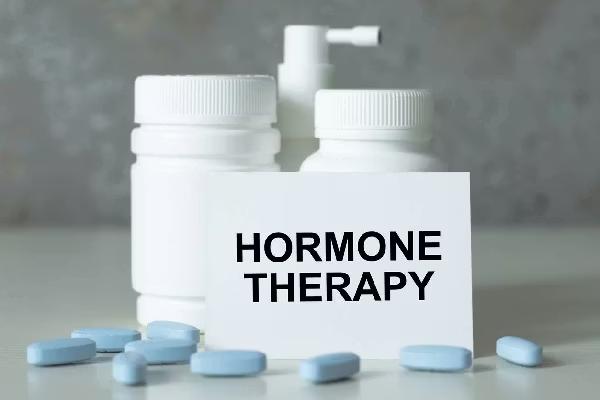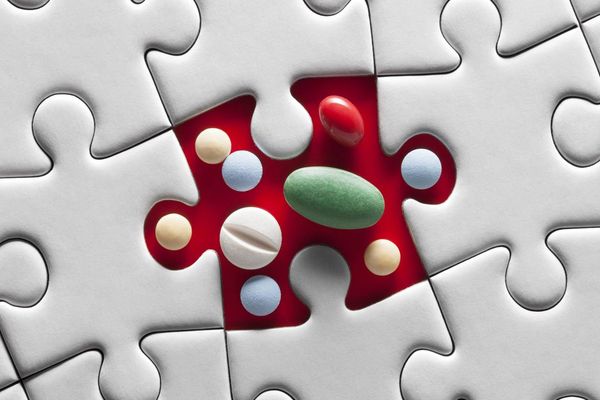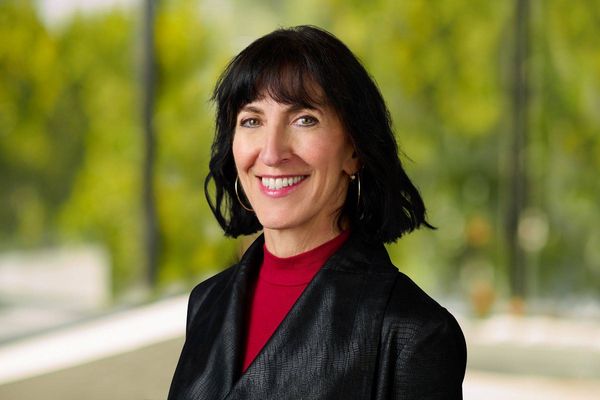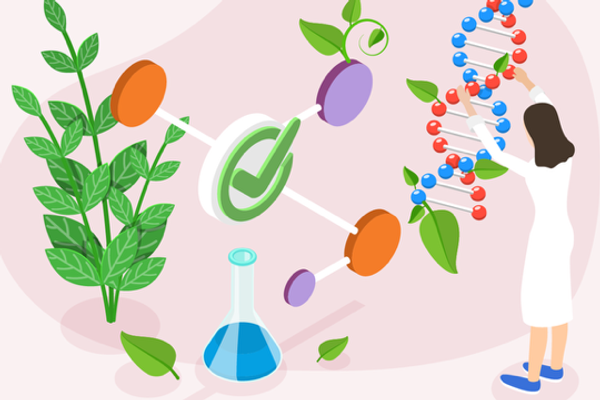Slide 1
Biosimilars 101
Biosimilars work just as well as the drugs they’re modeled after — and they’re often more affordable. This quick guide will help you understand whether biosimilars could be an option for you.
Slide 2
What are biosimilars?
Biosimilars are copies of a type of drug called biologics . Biologics are drugs made from a natural source, such as plant or human cells. Biologics and biosimilars are used to treat a variety of health problems, including:
- Rheumatoid arthritis (RA)
- Psoriasis
- Crohn’s disease
- Various types of cancer
Slide 3
Biosimilars are safe and effective
Biosimilars are nearly identical to biologics, working in the same way to treat many of the same health problems. They are safe, effective and FDA-approved.
Slide 4
Lower production costs = cheaper drugs
Because they’re much cheaper to produce, biosimilars are more affordable than biologics — which are among the most expensive medications in the world. Biologics used to treat RA, for example, can cost $30,000 a year .
Slide 5
Picking possible candidates
Companies decide to create biosimilars based on factors such as how much they will cost and whether they have a good chance of working the same way as a biologic.
Slide 6
Meeting FDA standards
Once they’ve decided to create a biosimilar, a company analyzes and compares data to develop a drug that meets the FDA’s high standards. The biosimilar is tested many times to prove it works in the exact same way as the original biologic.
Slide 7
Availability of biosimilars
Currently, there are 44 biosimilars approved by the FDA for use in the United States.
These include 10 biosimilars modeled after a dalimumab (Humira), a medicine used to treat autoimmune issues.
Slide 8
Roadblocks to biosimilars
Although demand for biosimilars is growing in the U.S., they’re still not as widely used here as they are in other countries.
This may be because some biologic manufacturers have tried to block their development, and because some insurance companies aren’t willing to cover them.
Slide 9
Helping people access treatment
Biosimilars are important to our healthcare system because they provide a more affordable option for patients who might not otherwise be able to access treatment.
Biosimilars are 30% cheaper on average than their biologic counterparts.
Slide 10
Are biosimilars right for you?
If you are currently using a biologic, ask your healthcare provider about biosimilars. It’s possible there is an equally safe and effective option available to you, at a lower cost.
This educational resource was created with support from Amgen, a HealthyWomen Corporate Advisory Council member.
- Questions to Ask Your Healthcare Provider About Biosimilars ›
- How Are Biosimilars Made? ›
- Barriers to Biosimilars in the US ›
- Biologics, Biosimilars and Generics: What’s the Difference? ›
- Biosimilars Basics ›
- Clinically Speaking: What Are Biosimilars? ›
- Biosimilars: Better Access to Advanced Medicines - HealthyWomen ›
- Qué son los biosimilares: Un mejor acceso a medicamentos avanzados - HealthyWomen ›
- What Are Biosimilars? - HealthyWomen ›
- How Biosimilars Help with Chronic Conditions - HealthyWomen ›
- ¿Qué son los biosimilares? - HealthyWomen ›

